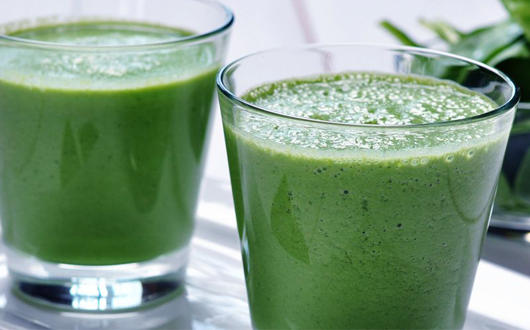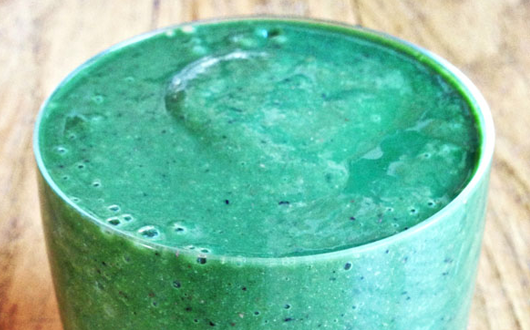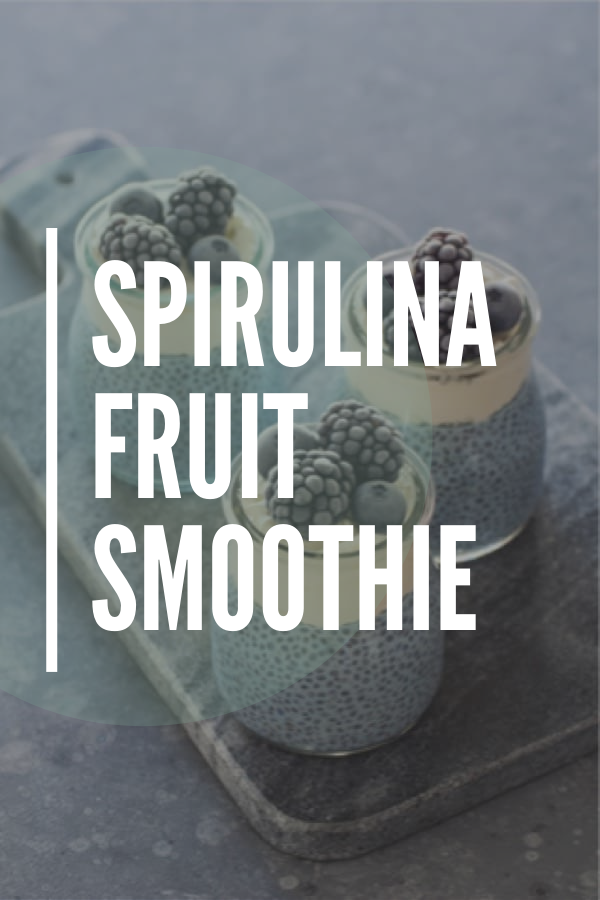
When it comes to superfoods, spirulina is at the top of the list. A type of microalgae that is considered highly nutritious, spirulina has been consumed for centuries for its health benefits.
Although less affectionately known as “pond scum”, spirulina is one of the most potent nutrient sources in the world when harvested correctly from uncontaminated waters.
Loaded with a rich supply of nutrients such as proteins, complex carbohydrates, iron, and vitamins A, K, and B complex, spirulina is one superfood that needs to be on your next grocery list! Try out some amazing spirulina recipes
What is Spirulina?
Often misclassified as a herb because of its health-boosting benefits, spirulina is actually a type of blue-green algae that grows naturally in lakes and oceans.
Available in powder, capsules, and even flakes, spirulina is commonly deemed the most complete food supplement available due to its health benefits to practically every organ and bodily function in the human body.
Health Benefits of Spirulina
Boosts the Immune System
Spirulina has long been used for its ability to strengthen the immune system. High in chlorophyll, the compound, found in plants, that gives them their green color, spirulina helps to remove toxins from the body.
In fact, spirulina has been known to increase the production of antibodies in the blood which fight infection. This regeneration of cells helps the body to heal faster, making one recover from an illness more quickly.
Those who take spirulina consistently find themselves battling colds and flus less often due to their immune system being strengthened. The added bonus of faster cell regeneration, open wounds, and sores heal faster as well.
Full of Essential Amino Acids
Spirulina is roughly 65% protein and contains all of the essential amino acids, making it an excellent source of protein for vegetarians and vegans who can’t get protein from animal products.
Gram for gram, spirulina has more protein than beef, poultry, fish and soybeans. Also high in bio-available iron that a lot of vegetarians and vegans lack, spirulina helps to fight off anemia as well.
Reduces Inflammation
Spirulina has an especially high source of Gamma-Linolenic Acid, or GLA, which is one of the most powerful natural anti-inflammatory agents.
GLA is also beneficial to women as it helps to fight the symptoms of PMS. Packed with 26 times more calcium than milk, spirulina also helps to provide calcium, which is perfect for children, elderly and pregnant women.
Reduces High Cholesterol Levels
High amounts of both omega-3 and omega-6 fatty acids in spirulina promote a healthy heart by lowering both cholesterol and blood pressure levels.
In fact, spirulina has been found to not only lower the bad levels of cholesterol in the body, but also increase the good levels of cholesterol, making it a key component to a healthy heart.
High in Antioxidants
Spirulina is a powerful source of antioxidants, with four times the amount that blueberries provide. Antioxidants help to fight off the free radicals from pollution, poor diet and the stress of modern living that can cause damage to your body.
These free radical cells thrive on attacking the body’s good cells causing cellular damage. This results in skin damage in the form of premature aging and wrinkles, as well as more severe damage like cancer and even type two diabetes.
Fights Aging Eye Sight
High in beta-carotene, a powerful carotenoid that is found primarily in carrots, spirulina helps to ward off cataracts and fights the macular degeneration that can come with age. It also helps the body fight off certain types of cancers and heart disease.
With 40 times the amount gram-for-gram of beta-carotene than carrots, spirulina is the richest natural form of beta-carotene in the world.
Other Health Benefits Provided

Spirulina is an excellent source of vitamins B-1 (thiamine), B-2 (riboflavin), B-3 (nicotinamide), B-6 (pyridoxine), B-9 (folic acid), vitamins C, D, and E.
- It is also high in potassium, chromium, copper, magnesium, manganese, phosphorus, selenium, sodium, and zinc
- Spirulina has been found to help alleviate allergies and protect against allergic reactions
- Helps to fight type two diabetes by lowering the blood-fat levels
- Due to its detoxifying nature, spirulina has been used to help treat radiation sickness
- Spirulina is known to increase energy and vitality
- Due to its high nutrition content, spirulina can be useful in avoiding nutritional deficiencies
Is Spirulina Right For You?
The most well-known drawback to spirulina is its potential to be contaminated with toxins known as microcystins, which can absorb heavy metals.
However, spirulina can only absorb heavy metals from the water it is grown in, so it is important to purchase spirulina only from a trusted manufacturer.
How To Use Spirulina
Though extremely beneficial to overall health and well-being, spirulina has a repetition for being poor in taste.
This taste is easily hidden in the capsule form, but the powder and flake forms can also be blended into juices or smoothies, masking the unappealing flavor.
With just a teaspoon of spirulina powder needed to provide all of the health benefits, there’s no need to worry that the flavor will overpower the smoothie.
Strawberry Banana Spirulina Smoothie Recipe

While spirulina may be a top superfood, it can be unappealing and difficult to consume due to it’s “pond scum” flavor. Mask the taste but reap the health benefits with this delicious fruit smoothie!
Ingredients:
- 1 banana
- 1 cup fresh baby spinach
- 1/2 cup fresh or frozen strawberries
- 1 tsp spirulina
- 1 cup almond milk
Place all of the ingredients in a blender, pushing the baby spinach down to the bottom before topping it with the banana, strawberries, almond milk, and spirulina.
This will guarantee that all of the spinach will be blended smoothly into the drink. If you are not using frozen berries than add six to eight ice cubes to get a thick, cold smoothie.
Enjoyed Spirulina Fruit Smoothie? Share it with your friends so they too can follow the Superfoodsliving journey.
Share on Pinterest
